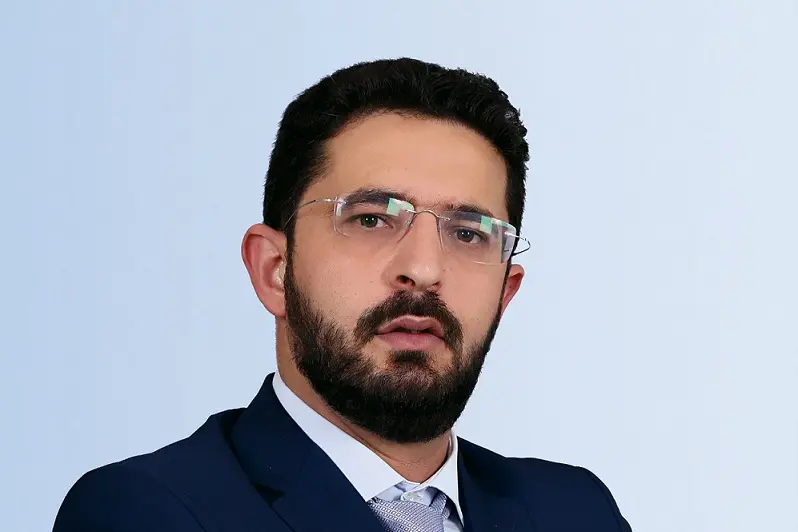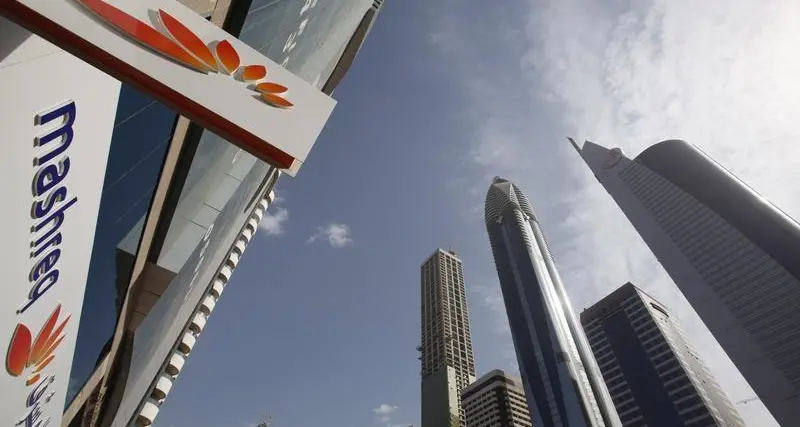PHOTO
- While the potential size of prize is much larger, a potential SAR 27 billion (US $7.2 billion) could result from reducing the GDP per capita gap between major Saudi Arabia cities and regional areas by only 10%.
- Achieving regional socioeconomic growth, requires focusing on five main dimensions: strategy, governance, human capital, infrastructure, and investment.
Riyadh, Saudi Arabia: In its latest viewpoint, global management consulting firm Arthur D. Little (ADL) analyzes the significant role of regional development in realizing Saudi Arabia’s Vision 2030 goal of becoming one of the world’s 15 largest economies. The report highlights key success factors that could propel the Kingdom's regional economies and contribute to national growth.
KSA’s regions offer tremendous potential to support GDP growth. While established metropolitan centers like Riyadh, Dammam, and Jeddah boast an average GDP per capita of around SAR 107,000 (US $28,500), regional areas such as Aseer and Al-Qaseem hover closer to SAR 73,000 (US $19,500). ADL estimates that narrowing the GDP per capita gap between major urban hubs and regional territories by only 10% could potentially inject SAR 27 billion (approximately US $7.2 billion) into the national GDP annually.
Eddy Ghanem, Partner at Arthur D. Little Middle East states, “Developing Saudi Arabia's regional economies is a crucial strategic move with far-reaching economic implications. By strategically tapping into the potential of areas beyond major cities, the Kingdom paves the way for inclusive growth and gains momentum to become one of the world’s 15 largest economies.”
Learning from ongoing collaboration with the Kingdom’s regions and from global benchmarking such as Brazil’s Growth Acceleration Program (PAC) and Spain’s regional development trajectory, the report outlines a success framework, pinpointing five foundational pillars pivotal for advancing regional development. These pillars include setting a visionary strategy, creating robust governance structures, cultivating human capital, improving infrastructural, and attracting both public and private investment:
- Strategy: Harmonize regional strategies with national priorities, capitalize on local advantages, and prioritize sustainable development practices.
- Governance: Secure commitment from stakeholders, establish clear frameworks, and implement coordination mechanisms to ensure seamless collaboration.
- Human Capital: Invest in tailored development programs to equip the workforce with necessary skills, while fostering retention through appealing living conditions and incentives.
- Infrastructure: Adopt an integrated approach to infrastructure development, exploring diverse financing models to bridge regional disparities effectively.
- Investment: Facilitate private sector engagement through dedicated units, strategic promotion of opportunities, and comprehensive support services, while leveraging entities like the Public Investment Fund to stimulate growth.
“Unlocking the potential of regional growth demands a multifaceted approach encompassing strategic vision, robust governance, human capital development, infrastructure enhancement, and investment attraction.” Tobias Aebi, Principal at Arthur D. Little Middle East adds. “These pillars serve as the foundation for achieving Saudi Arabia's ambitious socioeconomic goals and propelling its regions toward global recognition.”
Incorporating these elements into regional development initiatives will not only propel Saudi Arabia toward its global economic aspirations in line with Saudi Vision 2030 but also unlock social potential across the Kingdom’s regions.
To access the Viewpoint click HERE.
About Arthur D. Little:
Arthur D. Little has been at the forefront of innovation since 1886. We are an acknowledged thought leader in linking strategy, innovation, and transformation in technology-intensive and converging industries. We navigate our clients through changing business ecosystems to uncover new growth opportunities. We enable our clients to build innovation capabilities and transform their organizations. Our consultants have strong practical industry experience combined with excellent knowledge of key trends and dynamics. ADL is present in the most important business centers around the world. We are proud to serve most of the Fortune 1000 companies, in addition to other leading firms and public sector organizations. Website: https://www.adlittle.com/en




















